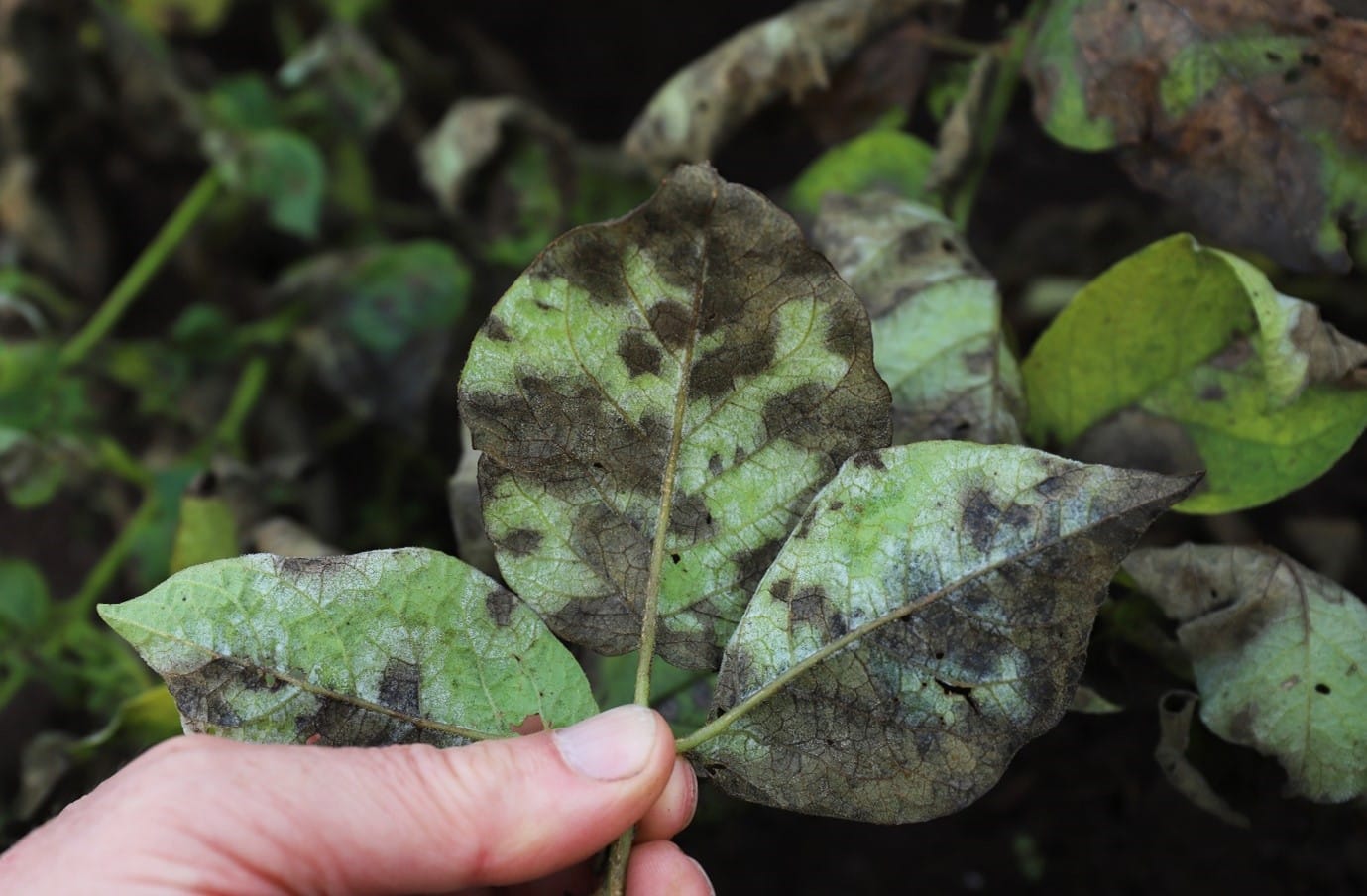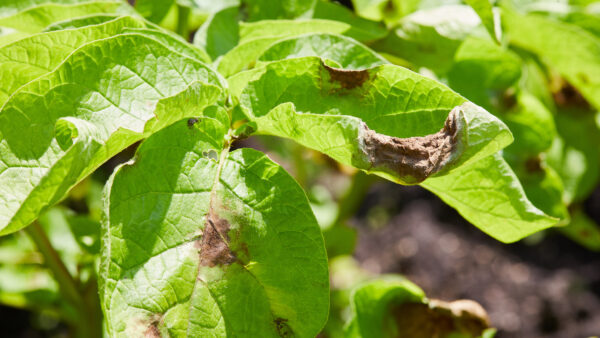Researchers studying the globally significant fungal pathogen Fusarium graminearum, the leading cause of Fusarium Head Blight in small-grain cereals, have found that the mycotoxin deoxynivalenol (DON) plays a key role in the infection’s spread. Known for contaminating wheat grain and posing risks to food and animal feed safety, DON enhances the fungus’s ability to move through plant cell walls via microscopic channels called plasmodesmata.
Using advanced bioimaging techniques, the study revealed that DON allows the pathogen to navigate these cellular gateways, which is essential for widespread colonization. When the research team deleted a specific gene (TRI5) responsible for producing an enzyme crucial for DON synthesis, fungal spread was significantly limited, confining the infection to the initially infected spikelet, according to a press release. Attempts to restore the fungus’s aggressive spread by externally supplying DON were unsuccessful, indicating that the toxin’s secretion is tightly regulated within the plant and may directly target plasmodesmata.
Further analysis revealed that while the infection did not change the thickness of plant cell walls, it did affect the deposition of callose, a carbohydrate that blocks plasmodesmata and hinders fungal passage. When DON was applied externally, callose deposits increased; however, the presence of fungal hyphae reduced these deposits, underscoring the complex interaction between fungal toxins and plant defenses.
“Our research provides new insights into how Fusarium graminearum exploits plant biology to spread within the wheat spike,” said Dr Victoria Armer, who led the study. “This offers potential avenues for developing resistant crop varieties or targeted disease management strategies. With Fusarium Head Blight threatening global wheat production and food safety, understanding these microscopic battles could be key to protecting future harvests.”
The paper was recently awarded best student paper of 2024 in the journal Molecular Plant Pathology.
Dr Armer was supported by the BBSRC-funded South-West Biosciences Doctoral Training Partnership.












